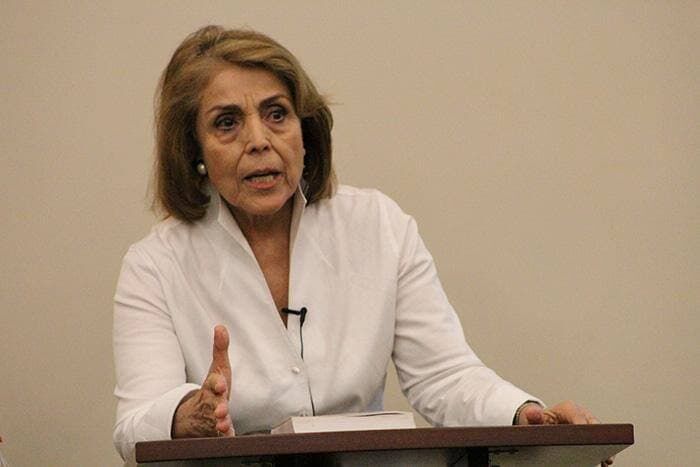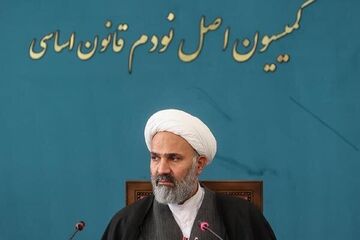TEHRAN(Bazaar) –Shireen Tahmaasb Hunter, a professor of political science at Georgetown University, tells that some of US allies, like Japan, are concerned about the continuation of the US-Iran nuclear stalemate.
She adds that they are also concerned about Iran's growing cooperation with Russia and China. Therefore, they might try to revive the nuclear talks. But as I said, I don't foresee any willingness on the US part to re- engage with Tehran.
Following is the text of the interview:
Q: When Hossein Amirabdollahian visited Tokyo in August and met with Prime Minister Fumio Kishida and then with Japanese Foreign Minister Yoshimasa Hayashi, he received a proposal from the Japanese government regarding nuclear negotiations. What is your assessment of this plan?
A: I am not familiar with the details of the Japanese proposal. Therefore, I cannot make an accurate assessment. However, given the atmosphere in Washington, I doubt that such proposals would have any chance of success. Recently, during his confirmation hearing at the US Senate Kurt Cambell, the candidate to become Deputy Secretary of State, said that JCPOA is dead. Even if the JCPOA is not dead, it certainly is on life support.
Q: Recently Ali Bagheri, Iran's nuclear negotiator, traveled to Tokyo. It seems that one of the subjects discussed by him was the Japan proposal. In August, Tokyo proposed a plan to resume and revive Iran's nuclear talks to Amir Abdollahian, and he also said that any plan from Japan that is in line with ‘Iran's interests’ would be considered positive. What is your assessment of this trip at this time?
A: The key word in Mr. Bagheri's statement is “if it is in line with Iran's interests.” However, he did not specify what this phrase meant and what interests he was referring to/? Are these the same as Iran's so-called red lines? I think it is too late now for the revival of the JCPOA. If there is to be talks, probably it would have to be about a new agreement. But as I said, currently, there is no appetite in the US for engaging with Iran. The war in Gaza has further clouded US-Iran relations.
Q: It seems that this plan is to revive the 4+1 negotiations. In this case, what is your assessment of the success of this proposal?
A: As I mentioned above, currently, I don't see any possibility for the revival of talks on JCPOA. Approaching US presidential elections further deems the prospects for such talks.
Q: When Japan's plan was presented in August, the spokesperson of the US State Department said: “I am not particularly aware of this initiative. I do not know what these statements refer to. As we have said before, diplomacy is the best way to ensure that Iran never acquires a nuclear weapon. There has been no change in this position.” Despite this comment, it does not seem that this plan is without coordination with America. What is your assessment?
A: Some of US allies, like Japan, are concerned about the continuation of the US-Iran nuclear stalemate. They are also concerned about Iran's growing cooperation with Russia and China. Therefore, they might try to revive the nuclear talks. But as I said, I don't foresee any willingness on the US part to re- engage with Tehran.
















نظر شما